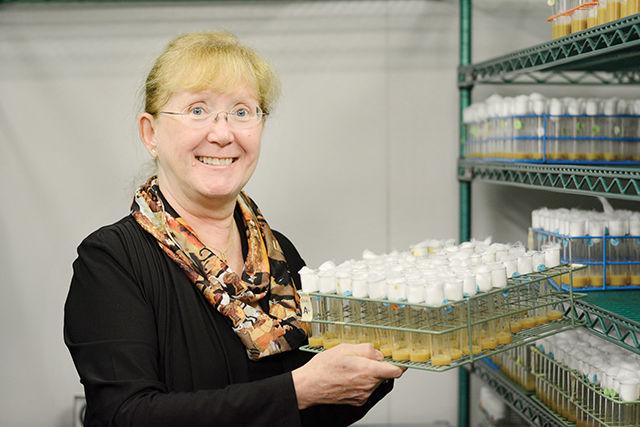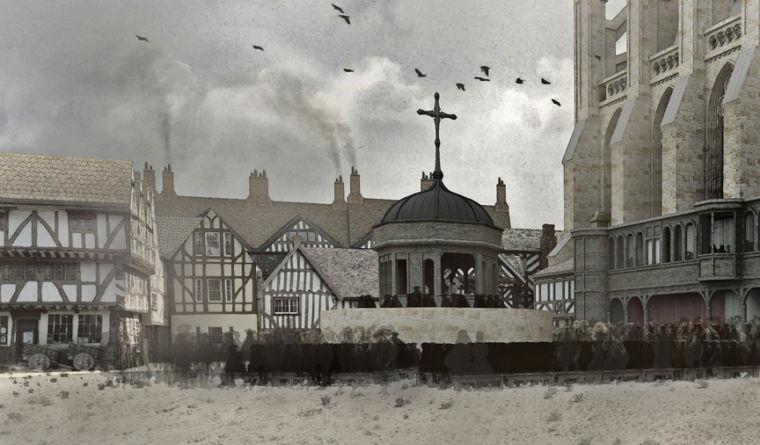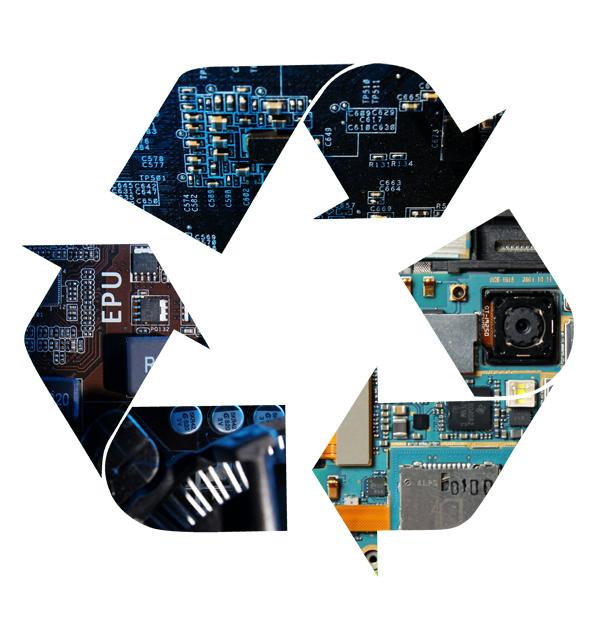With the NHL All-Star hockey game approaching fast, N.C. State took a moment to be sure everyone could appreciate the thrill of playing the game.
Partnering with Mark DeMontis, founder of Courage Canada, Campus Recreation co-sponsored a three-day series of events to raise awareness for the N.C. State Blind Hockey Puck Project. The events also sought to gather support for Courage Carolina, the state’s version of Courage Canada.
DeMontis’ website, markdemontis.com, explains why he started Courage Canada, an organization designed to help people of all ages with visual impairments enjoy learning about and playing hockey. He developed the program just a few years after he was told he would never be able to pursue his dream of playing professional hockey due to a rare condition that left him legally blind at age 17.
But according to DeMontis, this visual impairment did not diminish his passion for hockey or life.
“I may have lost my sight, but I will never lose my vision,” DeMontis said.
His work is inspiring others with visual impairments to step out on the ice. One of the events sponsored by Campus Recreation and DeMontis’ charity, a “learn-to-skate” program for the visually impaired, helped students at the Governor Morehead School for the Blind get on the ice.
Michael Scaringelli, a physical education teacher at the Governor Morehead School for the Blind, said this program was very beneficial to his students.
“This was a great collaboration between all parties involved,” Scaringelli said. “I had six students attend Mark’s program and they all enjoyed it.”
According to Scaringelli, the opportunity for his students to learn to skate is not solely beneficial in terms of staying physically fit.
“This is a very important opportunity for these kids because it gives them a chance to experience things they may not normally be able to,” Scaringelli said. “It is also important for the word to get out about these programs because they prove to people that with the right adaptations, opportunities like participation in athletics are just as available to students with visual impairments as they are to anyone else.”
Another among the series of events during NHL All-Star week included an information session and fundraiser to raise public awareness and funds for N.C. State’s Blind Hockey Puck Project.
According to Russell Gorga, associate professor and program director for textile engineering chemistry and science, this project is the work of eight of his senior textile engineering majors to create a better hockey puck for Blind Hockey leagues.
“Last semester, these students worked in two teams of four and surveyed a lot of blind hockey players in Canada, asking them what they liked about the current pucks as what as what they need,” Gorga said. “This semester, they are actually turning those concepts into engineering designs and justifications that they can evaluate and then make prototypes.”
Gorga said currently there are three different types of “pucks” used throughout the various Blind Hockey leagues, none of which are specifically engineered for use in the game.
“There is no ‘standard puck’ that all of the leagues use, so what we are trying to do differently is make a better puck. Right now, one puck is literally an aluminum can, another is similar to a children’s wagon wheel, and the third is a steel disc with ball bearings,” Gorga said. “None of these are engineered for Blind Hockey.”
Instead, Gorga said the new designs for the puck will focus on making the puck similar to standard-issue pucks with certain modifications.
“The key to this is it will emit a sound so players can locate it audibly,” Gorga said. “Also, what the players want are pucks shaped like regular pucks, but they want them to be about one-and-a-half times bigger.”
Gorga said the project began in August 2010, and will hopefully produce working prototypes by the beginning of April or May. Once these pucks are accepted by the Blind Hockey leagues in Canada, Gorga said the sport is likely to take off in other countries.
“The vision here is not just to solve the problem in Canada. This week, we are raising awareness that visually impaired people are interested in sports, but the grand vision is that the students’ design will be accepted among the three leagues so it could be used across the world,” Gorga said. “Then there could be an international blind hockey sport. Once they do that, it could be used as a Paralympics sport.”
According to Gorga, this project is one of many projects seniors in textile engineering are working on to help those with physical limitations.
“I have about 40 students, and each of them is involved in textile engineering design projects to help people with personal disabilities—and not just in sports,” Gorga said. “One team is working with an organization called Life Rolls On, which helps people with spinal injuries learn to surf by providing adaptive surfboards they can lay on, to create a mat that could be used to hold up the board instead of the life preservers now attached to them.”




